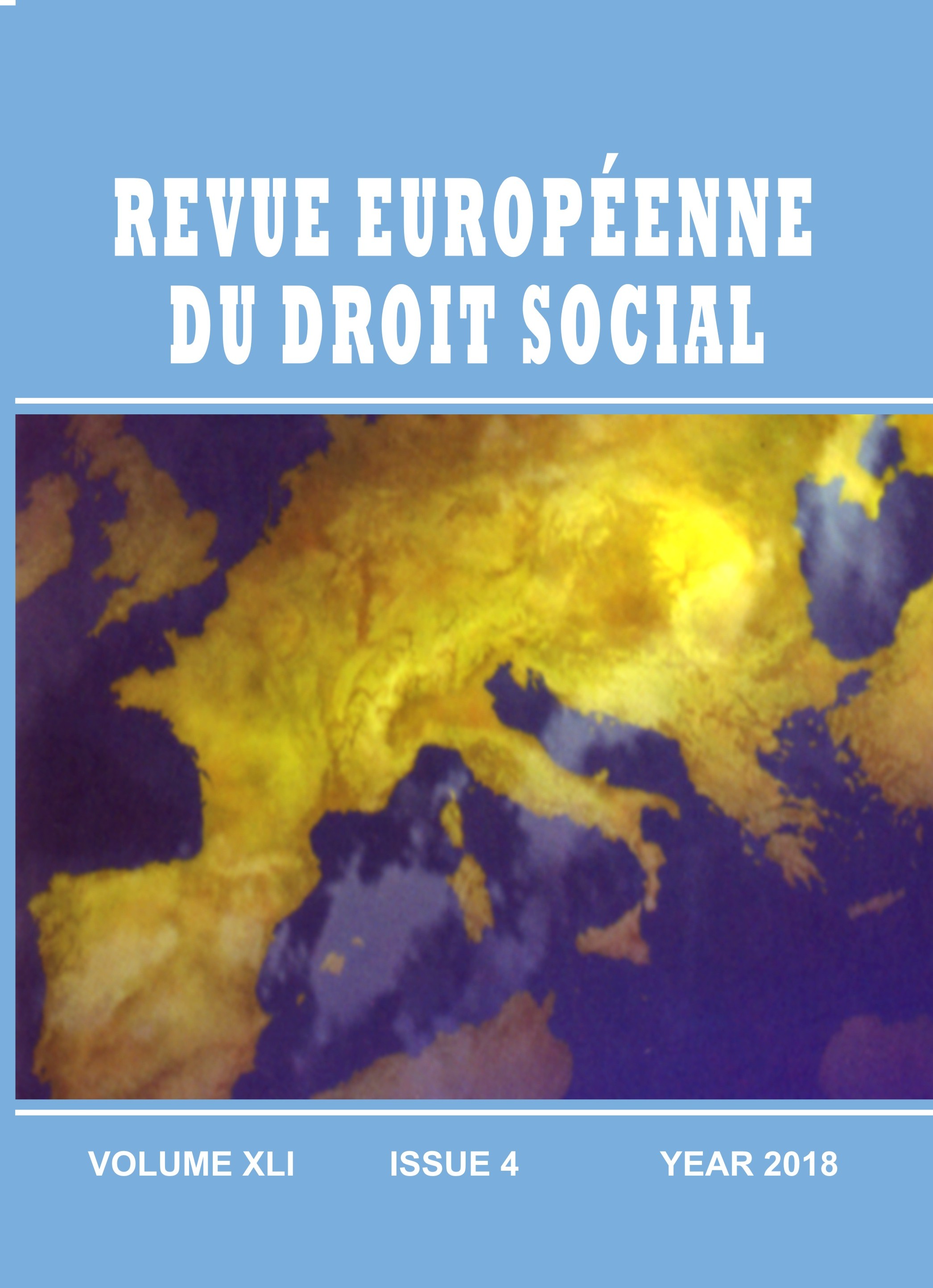THE INTERFERENCE OF MOTHER TONGUE IN LEARNING ENGLISH AS A FOREIGN LANGUAGE: ALBANIAN LANGUAGE CASE
THE INTERFERENCE OF MOTHER TONGUE IN LEARNING ENGLISH AS A FOREIGN LANGUAGE: ALBANIAN LANGUAGE CASE
Author(s): Morena BracajSubject(s): Language and Literature Studies
Published by: Editura Bibliotheca
Keywords: second language acquisition; interference; first language; contrastive analysis.
Summary/Abstract: The role of mother tongue in second language learning has been the focus of many discussions and debate among many theorists. It is a popular belief that first language has an effect on the second language acquisition, and it is claimed that L1 can interfere with the acquisition of L2. It is also believed that the role of L1 in the L2 depends on some similarities and differences between the two languages. This research paper aims to summarize some difficulties that second language learners may face to learn English. It has tried to find out factors that play an important role in the acquisition of second language and presents the similarities and differences between the first language and second language acquisition. Furthermore, this paper examines language transfer while learning and teaching EFL, respectively the language interference in the written and spoken English of Albanian students. The analysis of these transfer patterns aims at explaining the written English production by Albanian students, namely, how it is influenced by their mother tongue (Albanian) and what types of changes have taken place in it.
Journal: Revue Européenne du Droit Social
- Issue Year: 2018
- Issue No: 4 (41)
- Page Range: 75-84
- Page Count: 10
- Language: English

